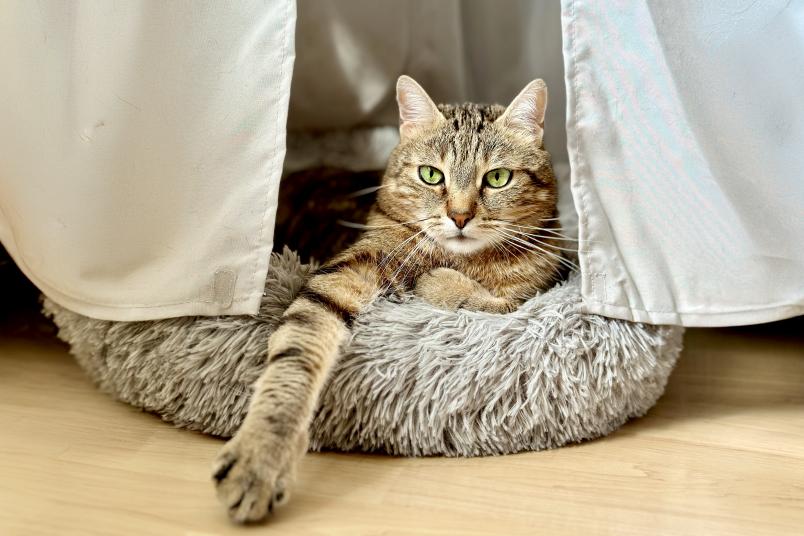
Psychology Exploring Consciousness with Eureka Moments
We all know what it’s like when the penny suddenly drops. Animals too experience such moments of insight. They could prove useful for research, according to Ekrem Dere.
For generations, researchers have been pondering the question of how and where consciousness is formed in the brain. Professor Ekrem Dere from Ruhr University Bochum, Germany, proposes a new approach to researching conscious cognitive information processing. He advocates defining phases of conscious cognitive processes on the basis of behavioral observations and learning curves. “Learning is often not a gradual process, but takes place in leaps and bounds; you could say that humans and animals experience sudden epiphanies every now and then,” he says. “It’s likely that these experiences are preceded by conscious processes.” Dere outlines his new approach, which might apply to both humans and animals, in the journal “Frontiers in Behavioral Neuroscience” from July 2024.
Different levels of consciousness
Consciousness is not an all-or-nothing process. “There are different levels of consciousness, depending for example on whether we’re sleeping or writing an email,” says Ekrem Dere from the Mental Health Research and Treatment Center in Bochum, who is also a member of the Sorbonne Université in Paris. “At the upper end of this gradation, so to speak, we find conscious cognitive information processing that is required to deal with a complicated problem.”
In order to study the neurobiological correlates of these processes using scientific methods, a human or animal must be presented with an experimental task that can only be solved with conscious cognitive information processing – it’s crucial that there isn’t a preconceived solution. “In the long history of cognitive behavioral psychology, a great many such tasks have been developed,” says Dere. “However, the main difficulty is that a human or animal may not use conscious cognitive information processing throughout the entire processing time.”
Eureka moment is the time stamp
The researcher therefore suggests to use learning curves to narrow down the phases of conscious information processing with regard to their timing. In these curves, performance in a specific task is plotted over time. “Learning performance often doesn’t improve continuously, but rather by leaps or in stages,” explains Dere. This so-called discontinuous learning after insight can serve as a time stamp. “Conscious cognitive information processing must have taken place at this point and presumably also in the seconds leading up to it,” says the psychologist. “Armed with this knowledge, we can use imaging or electrophysiological methods to observe the brain during conscious cognitive information processing by comparing the time periods immediately before the sudden increase in learning with earlier or later points in time during the processing of the task.” This would enable researchers to find out which mechanisms the brain used in which region for conscious information processing.